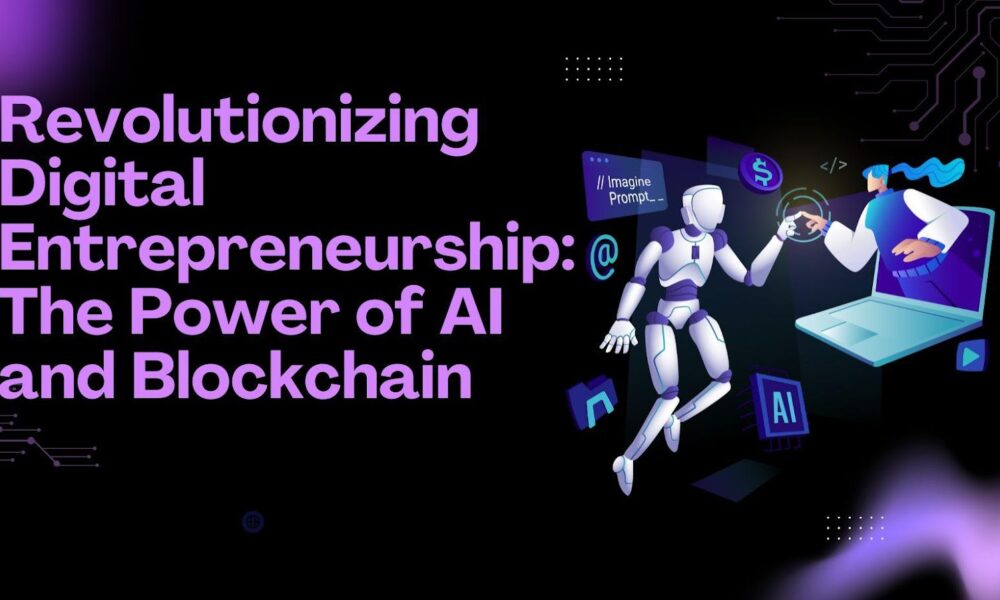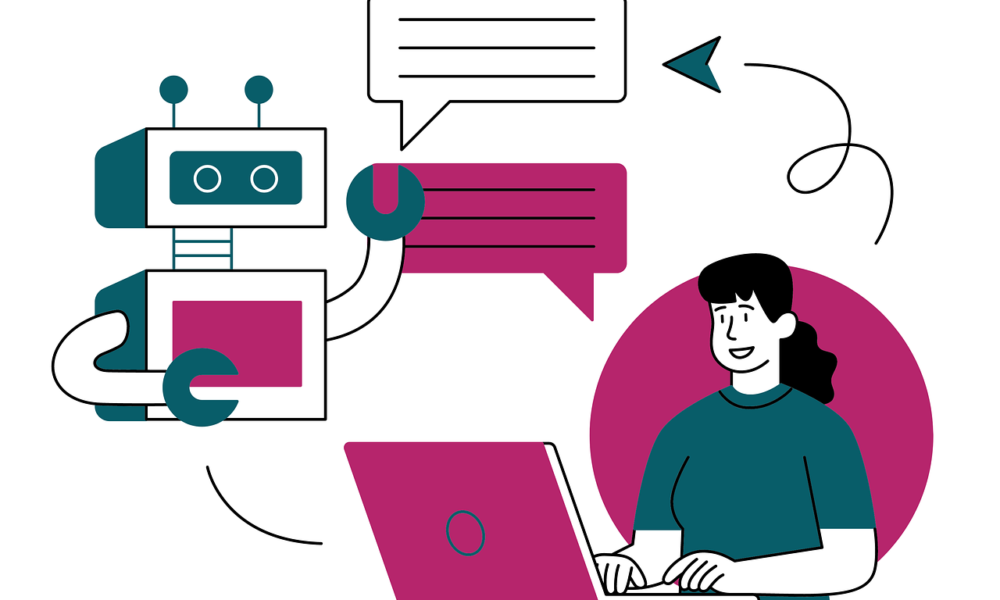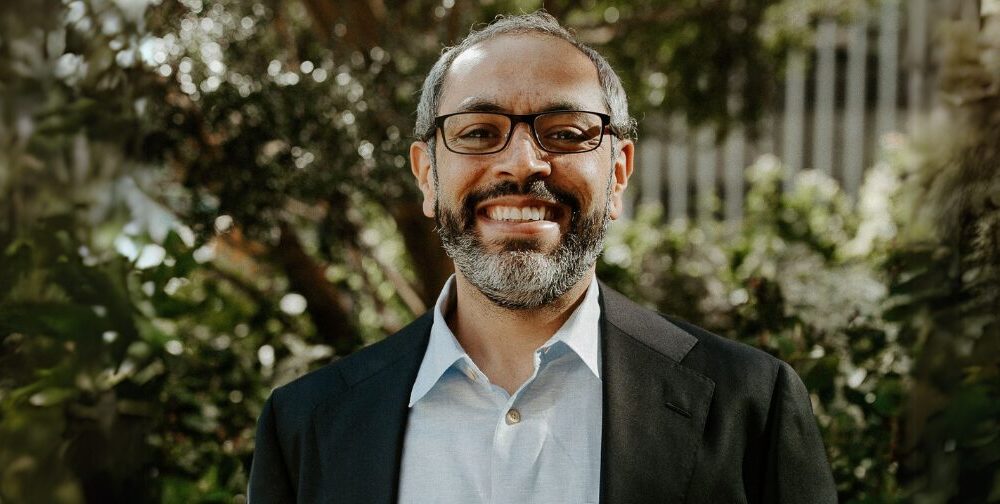Share
Share
Share
Share
TraceGains, which provides SaaS-based supplier, quality, and regulatory document management solutions to the food and beverage industry, announced the launch of its Intelligent Document Processing (IDP) platformfor material compliance and lot-level ingredient quality control. It was purpose-built to expedite Certificate of Analysis (COA) processing, which can add up to millions of work hours a year in large enterprises. TraceGains’ IDP paves the way toward a more efficient and prosperous future. The program is built on OpenAI’s foundation model, so it’s highly capable but not infallible, which means the accuracy depends on the quality of the input prompts.
COA Challenges in Food Production Can Be Effectively Managed WithIntelligent Document Processing
What enables the AI system to have such wide applications is its ability to learn and adapt to new situations. We learn through experience, experimentation, and absorbing knowledge. AI develops uniquely human skills by analyzing vast amounts of dataand reading unfamiliar documentation with high accuracy. Food and beverage manufacturing companies must prevent cross-contamination and avoid violations of ingredient safety regulations. COAs, which are issued in the context of B2B transactions, serve as vital assurances. According to TraceGains, the IDP is more intelligent than previous platforms because it can identify variations or departures from the established standards or specifications of a formula.
A COA is issued by a laboratory and outlines the outcomes of one or more tests. It may include specifications and analytical methods, and it’s signed by an authorized representative through manual or electronic means. The COA provides evidence of measurements and actions taken vis a vis a referenced lot or batch of material, meaning it’s a vital component of the food safety chain. Large-scale brands that manually inspect thousands of COAs rely on error-prone methods, and it’s not something they can afford to ignore. TraceGains IDP helps companies transition from manual to automated workflows, vastly improving document quality and accuracy and offering seamless accessibility to reports.
AI Delivers Solutions In A Difficult Time, With Techniques Adopted By Major Food Companies
With the release of IDP, TraceGainscements its legacy and leadership as anF&B innovator by leveraging AI capabilities to improve and refine field-specific expertise. TraceGains provides an avant-garde networked business ecosystem and marketplace that allows manufacturers and suppliers to collaborate, sell ingredients, mitigate safety risks, and develop new products. Consequently, a cocoa manufacturer can continue to bring joy to chocolate lovers. The cocoa value chain is complex and passes through many hands before it hits supermarket shelves. TraceGains’ AI-driven solution empowers brands to manage supply chain quality and compliance proactively. No shipments come from areas deforested after 2020.
AI presents many advantages, including improving production efficiency, reducing waste, enhancing quality control, and preventing allergen contamination. Nestle, which stands as a leader in the consumer goods industry, uses AI to handle the increasing complexities of the food business. For example, chatbots help with productivity by answering questions about products, their ingredients, allergens, and storage. This pivotal integration isn’t about technology -it’s about reshaping the foundation of product development, making room for a future where innovation meets sustainability. Food Technology was a popular research theme in 2024. Breakthroughs in equipment and machinery, packaging, and preservation techniques are changing how we produce and consume food.
Bimbo International, A Global Bakery Powerhouse, Is One Of The Companies Using The Platform
Bimbo International, the Mexican multinational bakery product manufacturing company, uses the IDP solution to manage ingredient supply chain quality and compliance while removing the need for manual processing. It’s renowned for its long-standing brands, such as Entenmann’s, which makes a variety of baked goods like donuts, cookies, crumb cakes, pies, muffins, etc. Bimbo may not own a cocoa company, but they have access to the cocoa that these companies supply. The European Union and other markets are modifying their legislation for imported materials, and for cocoa, concerns include levels of pesticide residues, mycotoxins, and heavy metal contamination. Bimbo meets the agreed-upon standards.
Food Safety Assurance Is A Major Focus For Consumer Packaged Goods Companies
Food safety and transparency are of great importance for consumers and regulatory bodies, and businesses are required to meet stringent rules to elevate their market position and consumer trust. Consumer Packaged Goods (CPG) companies capitalize on AI to reach food safety objectives, ensuring quality is consistently prioritized and maintained. Foodborne illnesses are an underreported public health issue, but more serious and immediate problems are allergens, which can cause life-threatening symptoms, including tightening of the airways. Facilities that prepare and handle food must follow specific guidelines and have third-party companies assess their safety procedures.
In an interview with Food Dive, Manfred Aben, Global VP of Science & Technology R&D at Unilever, revealed the company uses digital modeling and AI to predict the shelf life of its products. Accurate prediction of the remaining shelf life for perishable foods allows for better decision-making. Technology helps the London-based company conduct simulation or real-time stability tests to ensure product safety and quality. Using AI, Unilever can explore new flavor profiles, understand consumer preferences, and improve its portfolio. The automation and standardization of processes help free employees to focus on growing the brand. From using AI solutions to making the shopping experience more accessible through blockchain technology, Unilever uses a massive amount of technology.
Concluding Remarks
Guaranteeing food safety and quality protects the health and well-being of consumers, not to mention that it maintains the economic viability of the industry and positions businesses for continued success in an increasingly dynamic landscape. The COA certifies a product’s compliance as far as quality, performance, and safety are concerned. CPG companies often deal with a significant number of COAs to ensure ingredients and finished products are free from harmful contaminants. Since the volume of documents can be substantial, using an AI system like TraceGains’ IDP can offer significant advantages for businesses.
AI revolutionizes food product development by allowing for the creation of healthier, more sustainable foods. It has the potential to make the entire food system more efficient, offering a number of solutions, and companies and their industrial processes must adapt to this rapid change if they don’t want to be left behind.











